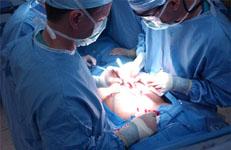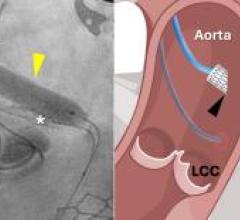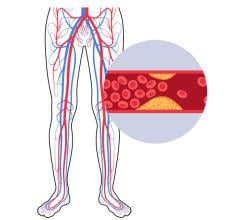
December 21, 2009 – Revised guidelines on the use of beta-blockers for noncardiac surgery say therapy should neither be initiated on the day of surgery, nor stopped abruptly peri- or postoperatively.
In response to publication of the POISE trial results in 2008, this focused update of the 2007 American College of Cardiology/American Heart Association guidelines addresses the prophylactic use of beta-blockers to minimize cardiac risk during surgery. In addition to revised recommendations, the update provides a comprehensive summary of the literature on perioperative beta-blocker therapy.
This focused update explains the role of prophylactic perioperative beta-blocker therapy in different clinical scenarios. Patients already taking a beta-blocker should continue taking it. In patients who would benefit from a beta-blocker, it should be started well in advance of the surgical procedure and titrated to heart rate and blood pressure. Beta-blocker therapy should be neither initiated on the day of surgery nor stopped abruptly peri- or postoperatively.
Key points in the new guidelines include:
• Beta-blockers should be continued in patients undergoing surgery who are currently taking beta-blockers for treatment of indicated conditions (class I).
• Beta-blockers titrated to heart rate and blood pressure can be beneficial in patients undergoing vascular surgery who have coronary artery disease (CAD) or cardiac ischemia identified during preoperative assessment (class IIa).
• Beta-blockers titrated to heart rate and blood pressure are reasonable in patients undergoing vascular surgery who have more than one clinical risk factor for CAD identified during preoperative assessment (class IIa).
• Beta-blockers titrated to heart rate and blood pressure are reasonable in patients undergoing intermediate-risk surgery who have CAD or more than one clinical risk factor identified during preoperative assessment (class IIa).
• In patients undergoing intermediate-risk or vascular surgery with a single clinical risk factor identified during preoperative assessment, the usefulness of beta-blockers is uncertain (class IIb).
• In patients undergoing vascular surgery who are not currently taking beta-blockers and have no clinical risk factors, the usefulness of beta-blockers is uncertain (class IIb).
• In patients undergoing noncardiac surgery who are not currently taking beta-blockers, routine administration of high-dose, untitrated perioperative beta-blockers is not recommended (class III).
• Perioperative withdrawal of beta-blockers should be avoided unless absolutely necessary.
• In general, beta-blockers should be started well in advance of a planned procedure and carefully titrated perioperatively to achieve adequate heart rate control.
The new guidelines are endorsed by the American College of Cardiology, American Heart Association, American Society of Echocardiography, American Society of Nuclear Cardiology, Heart Rhythm Society, Society of Cardiovascular Anesthesiologists, Society for Cardiovascular Angiography and Interventions, Society for Vascular Medicine, and the Society for Vascular Surgery
The update appeared in the Nov. 24, 2009 issue of Circulation (Fleischmann K. E. et al. “ACCF/AHA focused update on perioperative beta blockade.” 120:2123).
For more information: circ.ahajournals.org


 January 15, 2026
January 15, 2026 









